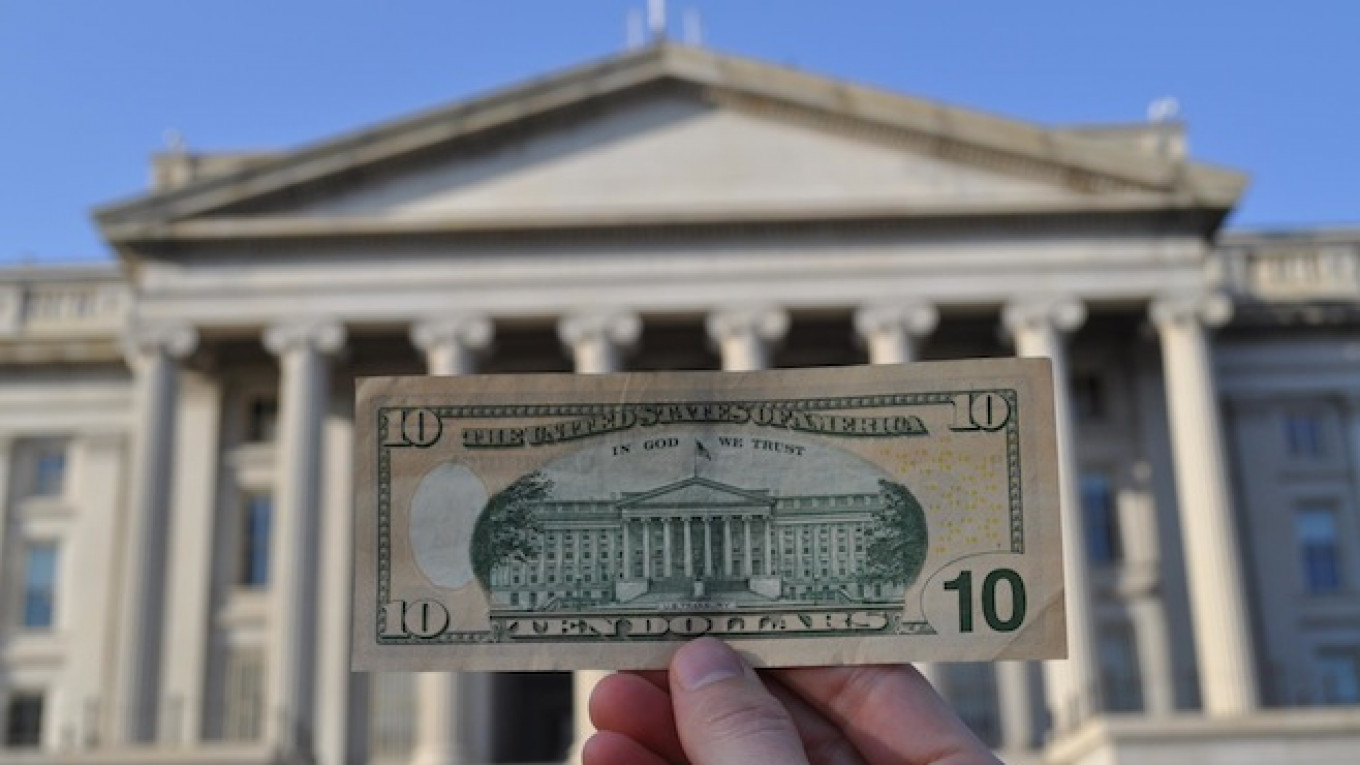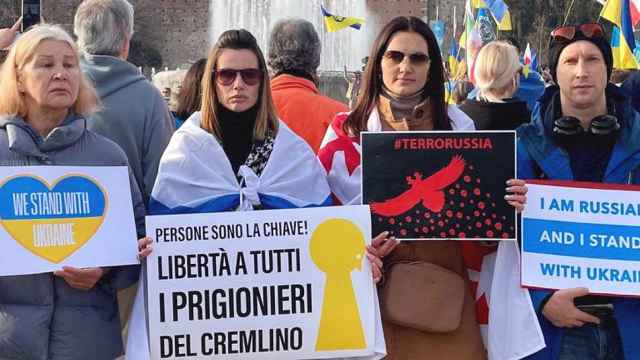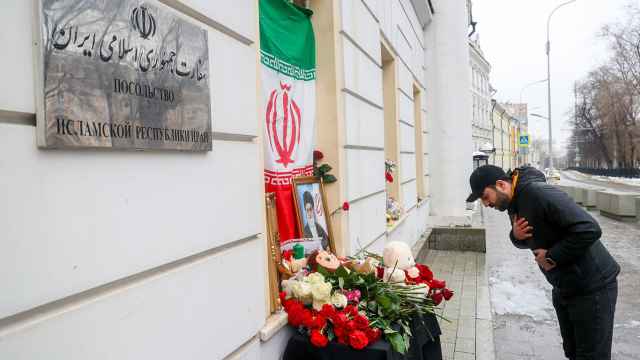ST. LOUIS — Major U.S. banks and securities firms are struggling to comply with new U.S. sanctions on key parts of the Russian energy and financial industries, with some on Wall Street complaining that the directives are too vaguely worded and leave room for error.
The so-called "Sectoral Sanctions Identifications List," or SSI List, was announced by U.S. President Barack Obama on July 16 as the U.S. stepped up pressure on Russia over its support for separatist rebels in war-torn Ukraine.
The list bars U.S. companies from engaging in any "new debt of longer than 90 days maturity or new equity" with designated firms, an effort intended to punish Russia by increasing its financing costs. The designated firms include Rosneft, the flagship oil giant, and natural gas producer Novatek.
But compliance officers at some U.S. banks and broker-dealers say the sanctions, issued by the Treasury's Office of Foreign Assets Control, or OFAC, are not clear enough. That has left financial institutions guessing, in certain instances, at how to comply. They worry they are vulnerable to punitive action by U.S. regulators.
That guessing game could intensify in the coming days. The White House said Monday it would join Europe in imposing fresh economic sanctions on Russia this week.
"The lack of clarity in the sanctions is what is causing the [compliance] burden," said Rob Rowe, a lawyer with the American Bankers Association's Center for Legal and Regulatory Compliance.
One source of confusion is the block that has been put on new loans to Russia through two development banks, Gazprombank and Vneshekonombank. It is not clear what that means for letters of credit.
"For instance, what if the arrangement is for a trade deal that will take more than 90 days to complete but the letter of credit is less than 90 days? We're trying to get a better feel for the impact but some of the large banks that are involved in trade finance are seeking clarity on these and other issues," Rowe said.
OFAC spokeswoman Hagar Chemali said the agency provides as much guidance as possible and that firms with questions should contact the agency.
OFAC had foreseen potential compliance challenges prior to issuing the sectoral sanctions. With help from the Securities and Exchange Commission, or SEC, it solicited feedback from the private sector several months ago, sources familiar with the matter said.
Many Questions, Few Answers
But the questions were "not product specific," said a securities industry source who spoke on condition of anonymity.
"It would have been helpful if we had had a little more open dialogue on the specifics, like, 'If we give you A, B, and C, what would be the issues?'" said the source. "90-day debt is product-specific. What if it wasn't a 90-day debt but now it's going to turn into a 90-day debt? There are real nuances."
OFAC and the SEC declined to comment on the effort to solicit feedback from the financial industry.
A top compliance officer at a large transnational bank said OFAC's new approach "adds complexity and nuance" to the process of screening transactions to ensure prohibited transactions are rejected.
For some global banks the challenge is that while overnight currency market activity and short-term lending seem to be acceptable for entities on the sanctions list, it is unclear precisely where OFAC draws the line with regard to longer-term transactions, the compliance officer said.
"Global banks then ask, 'Though the shorter term activity is permissible, what will my regulator say?'" the official said.
Another senior compliance officer at a major U.S. bank said bankers "are frustrated that OFAC is not providing more guidance."
The day after the sanctions were issued, OFAC held a conference call with hundreds of financial services industry professionals in an effort to answer concerns. Although some issues were cleared up, others were left undecided, said two sources who were on the call.
The sources declined to provide examples out of concern it might reveal their identities.
See also:
U.S. Business Groups to Run Ads Attacking Fresh Russia Sanctions
A Message from The Moscow Times:
Dear readers,
We are facing unprecedented challenges. Russia's Prosecutor General's Office has designated The Moscow Times as an "undesirable" organization, criminalizing our work and putting our staff at risk of prosecution. This follows our earlier unjust labeling as a "foreign agent."
These actions are direct attempts to silence independent journalism in Russia. The authorities claim our work "discredits the decisions of the Russian leadership." We see things differently: we strive to provide accurate, unbiased reporting on Russia.
We, the journalists of The Moscow Times, refuse to be silenced. But to continue our work, we need your help.
Your support, no matter how small, makes a world of difference. If you can, please support us monthly starting from just $2. It's quick to set up, and every contribution makes a significant impact.
By supporting The Moscow Times, you're defending open, independent journalism in the face of repression. Thank you for standing with us.
Remind me later.






